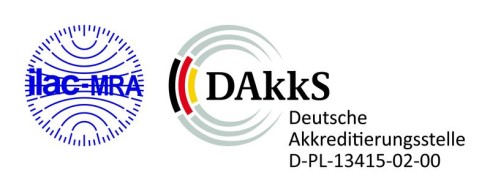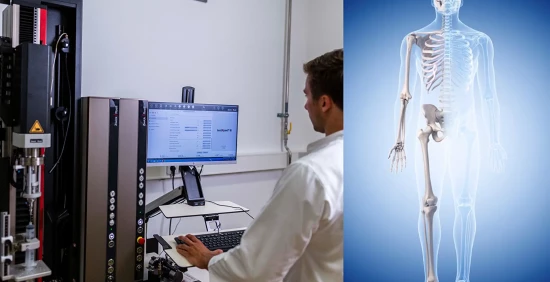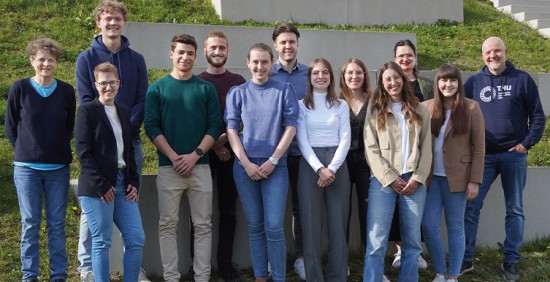SpineServ GmbH & Co. KG
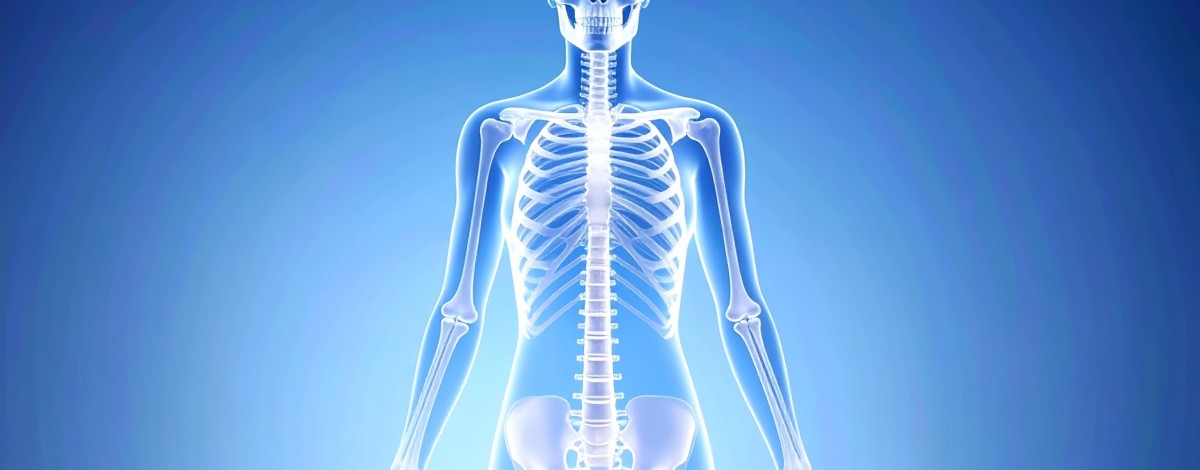
SpineServ offers specialized testing and development services for implants and medical devices.
Since 2007, SpineServ has provided accredited testing services for surgical implants, medical devices, and instruments used worldwide for regulatory approvals. Based in Ulm, Germany, the company specializes in mechanical testing and engineering services and is internationally recognized. Its clientele includes renowned manufacturers of endoprostheses, spinal, trauma, and dental implants, as well as medical devices like syringes, connectors, and injection systems.
SpineServ’s core competencies include accredited testing in accordance with ASTM, ISO, and DIN standards, along with customized testing and engineering services. Additionally, the Regulatory Affairs department assists with developing test plans and biomechanical documentation required for approval processes. With over 16 years of experience, SpineServ is known for its high quality, safety, and innovation.
In 2008, SpineServ received its first accreditation as a testing laboratory under DIN EN ISO/IEC 17025, and it was further certified by A2LA according to ISO 17025, underscoring its commitment to the highest standards. With growing market opportunities in Asia, the company is already active in the region through its partner, TECHWIN. As a major player in the global medical device testing sector, SpineServ is dedicated to ensuring the safety and reliability of medical devices worldwide.
Focus topics
- Mechanical and physico-chemical testing of implants and medical devices
- Support for the approval of implants and other medical devices worldwide
location
Ulm, Germany
Sales region
Europe
Turkey (sales partner)
China (sales partner)
Partner since
Founding year
ISO number
Partner website
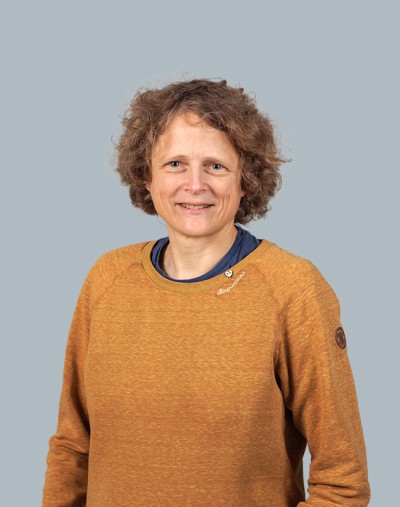
Our focuses:
Accredited Mechanical Testing of Surgical Implants and Medical Devices
SpineServ conducts load and durability testing on implants and medical devices to ensure mechanical performance and safety. These tests are performed during development or for regulatory approval, adhering to standards like ASTM, ISO, and DIN. Additionally, SpineServ develops customized testing methods tailored to specific client requirements and products to achieve optimal results.
Regulatory Affairs Services – Support in the Approval Process
Mechanical safety and clinical performance are essential for the approval and success of medical devices. SpineServ assists clients with test planning, results evaluation, and the preparation of technical documentation. Comprehensive literature reviews, grounded in scientific research, are integral to regulatory approval, research, and development, forming a core part of the advisory services.
Quality and Safety
SpineServ holds dual accreditations for physico-chemical testing: DIN EN ISO/IEC 17025:2018 (DAkkS) and ISO 17025:2017 (A2LA). Maintaining and expanding the scope of accreditation is central to offering a broad, qualified testing portfolio for implants and medical devices. For clients, this means the highest standards of quality and safety in development, planning, and product launch.
Expertise and Know-How
“Our Know-How – Your Success” serves as a foundational pillar of SpineServ’s philosophy, emphasizing the goal of achieving optimal and safe testing outcomes through the integration of science and technology. This multidisciplinary approach provides an in-depth understanding of technical and medical aspects, which is essential for developing effective testing procedures. Additionally, SpineServ actively participates in standardization committees like ASTM, DIN, and ISO to continuously enhance testing methods.
Complementary Analysis Procedures, Human Factor Studies, and Use Cases
SpineServ offers supplementary analytical procedures to enhance the safety, quality, and traceability of tests. These include technologies such as climate chambers for aging tests, 3D printers for customized solutions, optical 3D measuring devices, and high-resolution microscopes for failure analysis. Human factor studies and use case analyses support the development of safer products by identifying and mitigating usage-related influences and application errors early on, helping reduce costs as well.
Certifications / accreditations:
The accreditation is only valid for the scope of accreditation listed in the customer documentation
